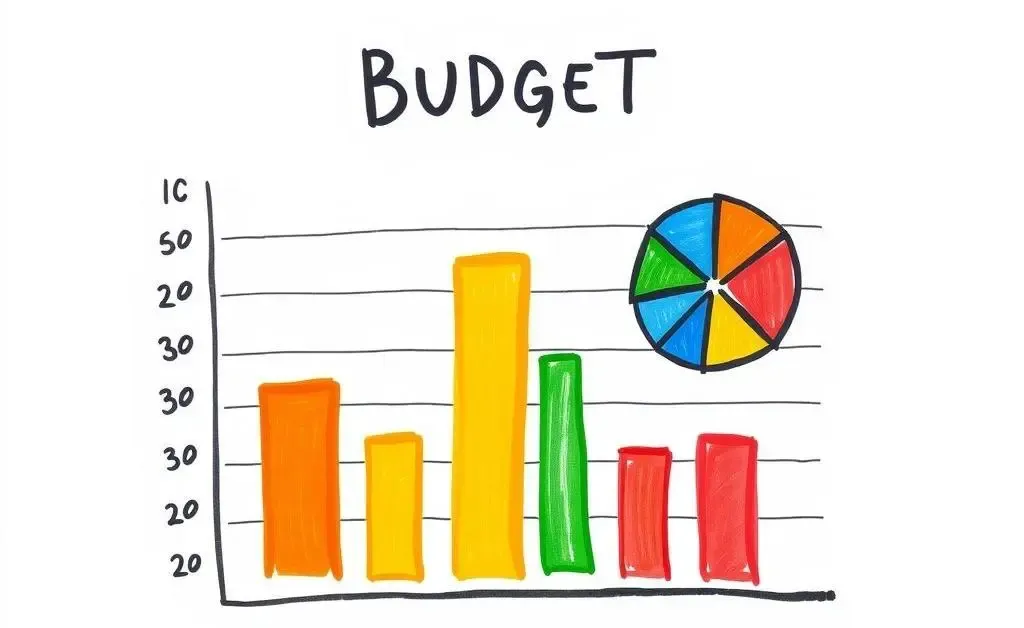5 Ways to Master Your Finances and Love Your Budget
Simple strategies to manage your finances without stress.

Do you ever feel like your finances are carrying you along, rather than the other way around? Managing your money doesn't have to be a chore. In fact, with some practical strategies and a bit of curiosity, it can be quite empowering.
Understanding Your Current Financial Situation
Before diving into complex investment opportunities, it's crucial to understand where you stand financially. This means taking a hard look at your income, expenses, savings, and debt. Think of it like GPS for your finances — you can't get to your destination if you don't know your starting point. One friend of mine used to dread this part, claiming it was like looking under the couch cushions for change and finding a spider instead. But once she faced her numbers, she felt a surprising sense of control.

Creating a Realistic Budget
The key word here is 'realistic.' A budget that's too tight is likely to fail, just like a pair of shoes that's too small. Make sure your plan reflects your life, not someone else's ideal spending patterns. Include categories for savings, necessities, and leisure.
- Track your spending and identify areas to cut back.
- Allocate funds for savings and investments.
- Regularly review and adjust your budget as needed.
Making Smart Investments
Investing is where many people's eyes glaze over, feeling like they've accidentally entered an advanced class without doing the reading. Start simple! Familiarize yourself with basic terms and low-risk options, like index funds. Hanging out with savvy investors can help demystify the process — perhaps invite a financially-minded friend for coffee talk, my personal favorite way to learn.

Building an Emergency Fund
Consider your emergency fund as a financial safety net. This isn't just about disaster prevention — it's about peace of mind. Aim for three to six months' worth of expenses, and treat it like a plant that needs regular watering (or dollar bills). Once established, it's a lot easier to view the rest of your finances without panicking.
Setting Financial Goals
Think long-term, but also give yourself short-term, achievable wins. This could be as simple as saving a certain amount each month or as ambitious as buying a home in two years. Whatever the goal, having a plan can inspire confidence and contribute to your overall financial health.

What strategies have you found most useful in managing your finances, and what's the next goal on your financial horizon? Share your thoughts below, and let's keep the conversation going!




